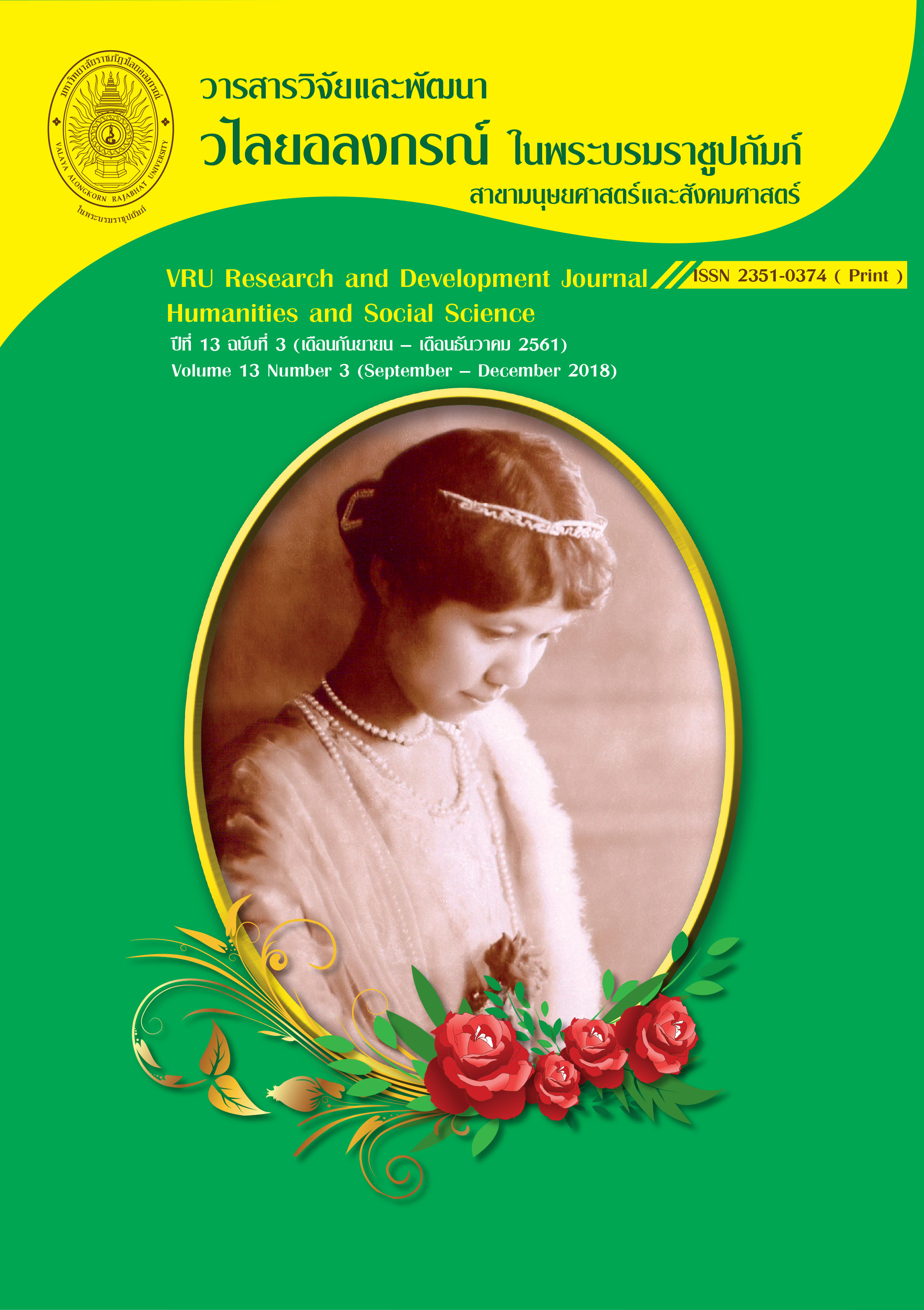INTEGRATED TOURISM STRATEGY FORMULATION OF BURI RAM PROVINCE
Main Article Content
Abstract
The objectives of this research were to 1) study the states, approaches and patterns of tourism of Buri Ram province, 2) study the integrated tourism strategies of Buri Ram province, 3) study the factors of tourism development of Buri Ram province that affecting the strategies of integrated tourism strategies of Buri Ram province, and 4) propose the model of development for the strategies of integrated tourism of Buri Ram province. This study was a mixed methods research of the qualitative and quantitative research. The qualitative research was conducted using in-depth interviews. There were 21 key informants who were the Buri Ram provincial tourism committees, they were purposively selected and the data were analyzed by interpretation. The quantitative research was conducted using 372 respondents of the population of 5,248 persons who were selected from public officials, private sector and people sector. The sample size was obtained using Taro Yamane’s formula. 1) The states, approaches and patterns of tourism of Buri Ram province revealed that was, overall, at a high level ( = 3.95, S.D. = 0.56). 2) The current integrated tourism strategies of Buri Ram province revealed that was, overall, at a high level ( = 3.37, S.D. = 0.69). 3) The factors of tourism development of Buri Ram province that affecting the strategies of integrated tourism strategies of Buri Ram province These 4 factors could explain 55.90 percent (R² = 0.559) of the variation of integrated tourism strategies of Buri Ram province at the significance level of 0.05. 4) The proposed model to develop the integrated tourism strategies of Buri Ram province which were synthesized research findings and group discussions as follows: (1) creative tourism management, (2) logistics management, (3) developing marketing channel, (4) creating innovation for integrated tourism management, and (5) solid waste management in tourism sites.
Article Details
ลิขสิทธิ์บทความวิจัยที่ได้รับการตีพิมพ์เผยแพร่ในวารสารมนุษยศาสตร์และสังคมศาสตร์ วไลยอลงกรณ์ ในพระบรมราชูปถัมภ์ ถือเป็นกรรมสิทธิ์ของคณะมนุษยศาสตร์และสังคมศาสตร์ มหาวิทยาลัยราชภัฏวไลยอลงกรณ์ ในพระบรมราชูปถัมภ์ ห้ามนำข้อความทั้งหมดหรือบางส่วนไปพิมพ์ซ้ำ เว้นแต่จะได้รับอนุญาตจากมหาวิทยาลัยเป็นลายลักษณ์อักษร
ความรับผิดชอบ เนื้อหาต้นฉบับที่ปรากฏในวารสารมนุษยศาสตร์และสังคมศาสตร์ วไลยอลงกรณ์ ในพระบรมราชูปถัมภ์ เป็นความรับผิดชอบของผู้นิพนธ์บทความหรือผู้เขียนเอง ทั้งนี้ไม่รวมความผิดพลาดอันเกิดจากเทคนิคการพิมพ์


